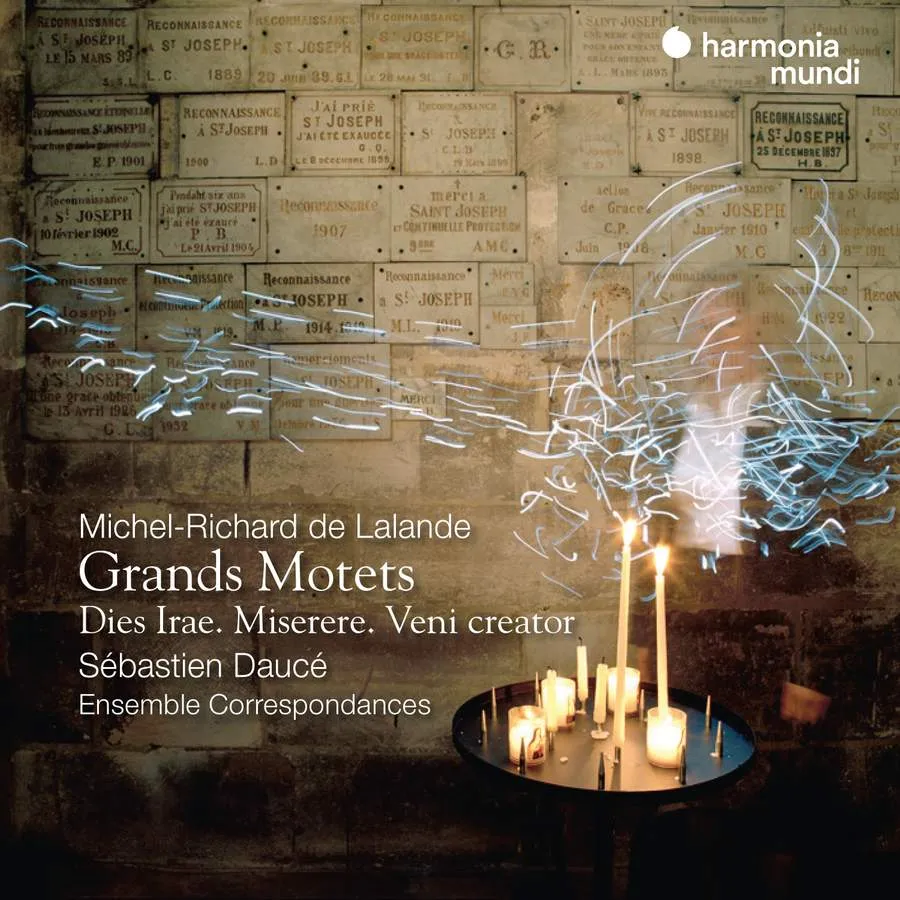
Lalande Grands Motets; Dies irae; Miserere; Veni Creator Ensemble Correspondances/Sébastien Daucé Harmonia Mundi HMM 902625 80:20 mins
Michel Richard Delalande was one of Louis XIV’s most treasured court composers. As head of the Musique de la Chapelle, his Grands Motets rose to the challenges of their liturgical purpose and extended to the very necessary job of glorifying the Sun King. Lalande was also, however, head of the Musique de la Chambre which meant that glorifying Louis became something of a 24-hour job – among Lalande’s courtly duties were to write symphonies to accompany the Grand Couvert: suppers that the king ate in front of a live audience.
Lalande’s Grands Motets possess an earthly, sensuous character dominated less by counterpoint than by rhythm and texture. The Dies Irae, composed in haste in May 1690 for the funeral of Dauphine Marie-Anne-Christine of Bavaria, is breathtakingly beautiful – it’s thought that Louis admired it to the extent that it was performed at his own funeral in 1715. The penultimate movement, Pie Jesu Domine, embodies the work’s emotional heft with an abundance of sighing phrases and aching harmonic suspensions. Conductor Sébastien Daucé allows his musicians to revel in these, with both orchestra and choir matching each other in the richness of their tone.
If anything, the Miserere from 1687, written for the final days of Holy Week, is even finer with an expressive power that sustains throughout its half-hour-or-so duration. With its remarkable harmonies, the Sacrificium Deo for low tenor solo and orchestra is surely the height of Grand Siècle sophistication. Barring one or two vocal moments, Ensemble Correspondances are perfect advocates for this music that at last receives the interpretation it deserves.
Oliver Condy
More reviews
Berlioz: Symphonie fantastique, etc
Beethoven: Symphonies Nos 1 & 5 (Budapest/I Fischer)
Bartók: Suite No. 1; Concerto for Orchestra
R Strauss: Don Quixote; Don Juan, etc